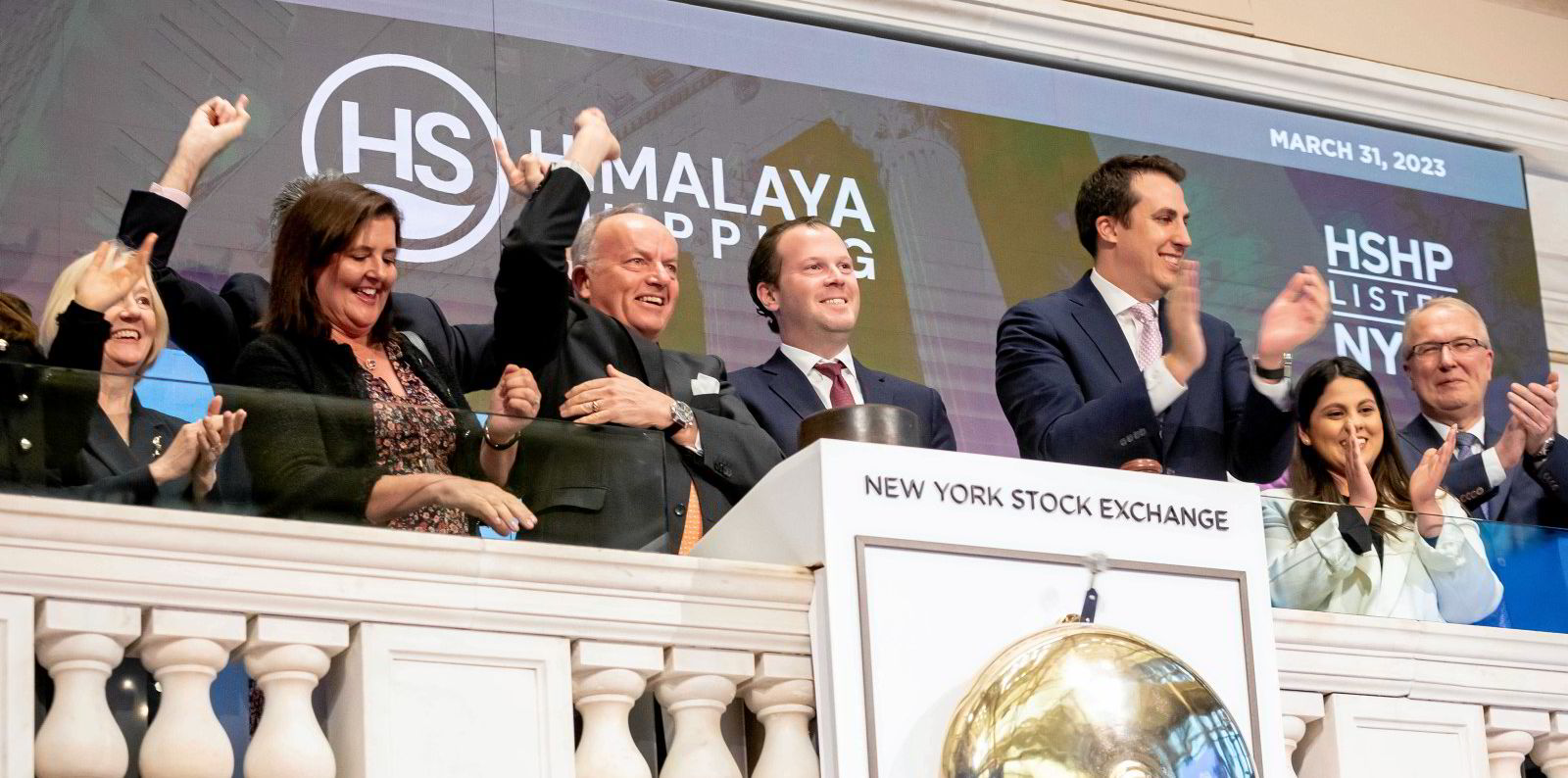Capesize owner Seanergy Maritime stayed in the black during the second quarter despite a weaker-than-expected freight market and has maintained its quarterly dividend payment.
Net profit for the three-month period was $700,000 for the Nasdaq-listed owner, down from $5.9m for the second quarter of last year.
But the deficit recorded during in early 2023 means that Seanergy’s net result for the first six months totals a loss of $3.5m, compared to $9.6m in profit for the first half of 2022.
Revenue for the six-month period fell 26% year on year and totalled $46.4m during the first half of 2023.
“We remain optimistic that the favourable capesize market outlook and Seanergy’s positioning within the segment will allow us to continue rewarding our shareholders,” Stamatis Tsantanis, the company’s chairman and CEO, said in the company’s financial report.
Seanergy’s board has declared a dividend of $0.025 per share for the second quarter, the same as for the previous period.
The company also completed $1.6m in share repurchases at an average price of about $4.35 during the second quarter, equivalent to a 23% discount to the stock’s current trading price.
Seanergy’s 16 capesizes earned an average time-charter equivalent (TCE) rate of $18,708 per day during the second quarter, compared to $23,251 in the same period of 2022.
Tsantanis said was a “noteworthy premium” of about 20% compared to the $15,600 Baltic Capesize Index (BCI) daily average during the three months this year.
He said that going into the quarter around 30% of the Seanergy fleet was fixed at daily levels above $20,000, which helped keep freight revenue steady during the period.
The fleet’s average daily operating expenditure has increased by $400 year on year and was $6,921 during the second quarter.
“I firmly believe that the high quality of our fleet will allow Seanergy to consistently earn a premium over the BCI,” Tsantanis said.
“The recent agreements for two floating-rate time charters, both secured at a premium to the index, are a good demonstration of our vessels’ competitiveness and I am confident in the sustainability of our earnings power.”
Around 53% of Seanergy’s vessel operating days in the third quarter have been fixed at a daily TCE rate of approximately $16,710.
Tonne-mile demand for iron ore, coal and bauxite has increased by 7% this year to date, but this has yet to be reflected in the freight market, Tsantanis noted in the report.
“The main reason is the reduced port congestion to historically low levels, which has increased the effective supply of ships. At the same time, the larger ore carriers on the C3 (Brazil-China) route are operating at close to maximum speeds, which also increases the DWT [deadweight] adjusted speed of the fleet and consequently their respective CO2 emissions,” he said.
“We believe that towards the end of the year, we will see congestion reaching historical averages in line with usual seasonal patterns, while beginning in 2024 more stringent regulations and carbon levies will force operators to decrease speeds to eco levels across the board.
“As these supply factors start normalising, I would expect to see charter rates that reflect the healthy demand more closely.”
Meanwhile, Seanergy has no upcoming debt maturities for the next two years, after signing two sale and leaseback agreements with Japanese counterparties and a new loan with an unnamed existing European lender. The deals will refinance a total of $53.8m in debt.
“The underlying interest cost is lower, partly offsetting the increase in reference rates, while we have added net liquidity of approximately $15m,” Tsantanis said in the report.
Long-term debt, comprising senior loans, a convertible note and other financial liabilities stood at $231.4m as of 30 June, net of deferred charges. The book value of the fleet was $422.6m.
Seanergy signed a deal to take a newcastlemax bulk carrier on bareboat charter for a period of 12 months. The company has the option to purchase the vessel for $20.2m on the maturity of the contract
The 207,855-dwt Cape Eternity (built 2011) will be renamed Titanship when it delivers to Seanergy by the end of this year.




